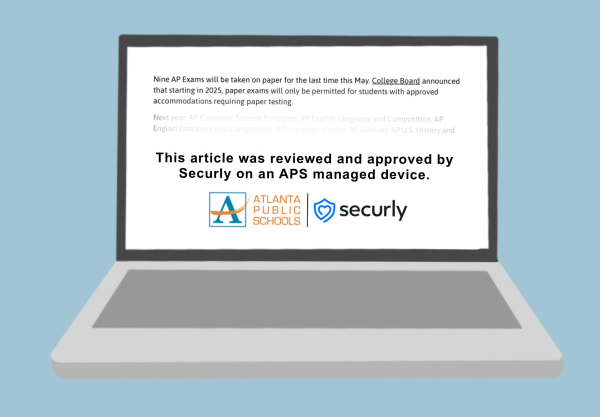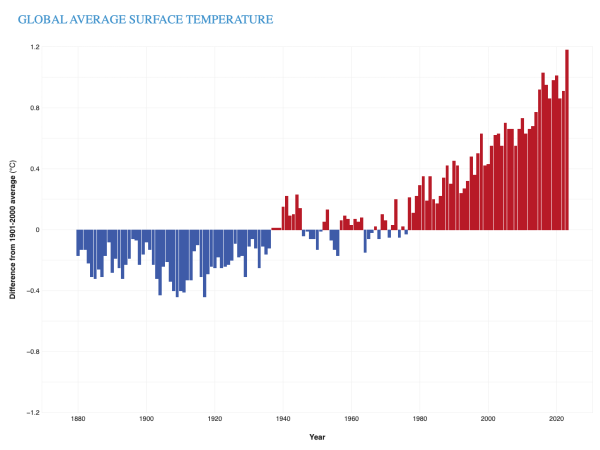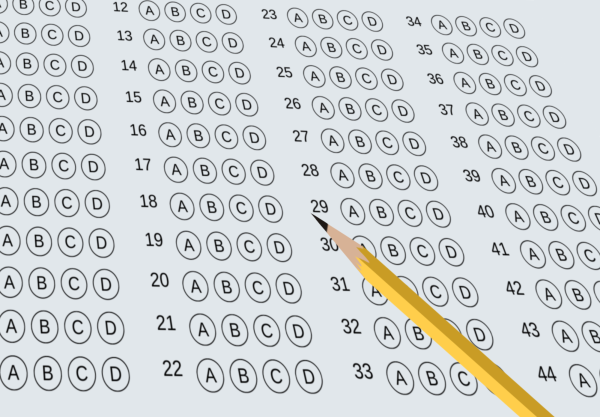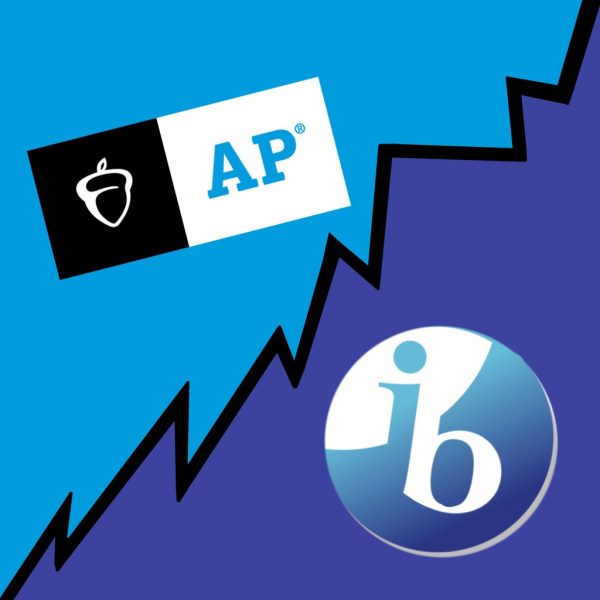“Duck Syndrome:” Students Feel Alone in Academics
Even when students seem to be managing huge amounts of work, some struggle under the surface.
May 16, 2019
Sunlight reflects off a pond with a surface smooth as glass. A duck drifts across the water. Below the surface, its webbed feet paddle furiously, but from above, it looks calm and collected.
This duck has a dilemma; its flippers are getting tired, but the other ducks still appear to be floating along without a care in the world. If you can relate to this duck’s plight, you may suffer from Duck Syndrome.
Duck Syndrome, a condition named by the students of Stanford University, is an increasingly common ailment in high schools and colleges across the country. Tiger Sun, a writer for the Stanford Daily, describes Duck Syndrome as “seeing people around you effortlessly glide through their lives … while you feebly trudge through your four p-sets and three projects on your nightly four hours of sleep.”
Essentially, Duck Syndrome is the condition of feeling alone in your frenzy. Being a “high achiever” doesn’t alleviate the condition; if anything, it causes it. Duck Syndrome is propagated by a collective of extremely diligent people, all of whom work hard and all of whom think they’re the only ones who are exhausted. For those with Duck Syndrome, admitting exhaustion is admitting defeat. Burnout is a casual joke; if it were allowed to be anything more, students might be forced to address it.
Even as it goes unacknowledged, Duck Syndrome is visible in the halls every day. It surfaces when a sophomore in Accelerated Pre-calculus believes that they’re terrible at math because they got a homework problem wrong. It appears in conversations about how little sleep somebody got last night. It may seem fairly harmless in small doses, but Duck Syndrome can be seriously detrimental to students’ mental health. Crying at school is not unheard of; I know I have. Mid-semester, stories about 3 a.m. breakdowns start to sound a bit too familiar.
It’s easy to tell students to lower their personal standards, stop overloading themselves, and take a break, advice which is rarely helpful. The habits symptomatic of Duck Syndrome don’t disappear with one good night’s sleep, but they are defeatable. To begin with, students should stop doing activities they hate. If an activity is draining them with no return, it doesn’t deserve them. People are worth more than their resumés.
More importantly, though, the Grady community needs to dispel the notion that students aren’t allowed to struggle. Grady is a community brimming with achievement. Debate has won 10 consecutive state championships. The drama program routinely amazes all of us with spectacular tech work and performances. These accomplishments don’t happen in a void; there are individual students working diligently to make them happen.
In a competitive school full of truly impressive people, it can be easy to forget that Grady students are just teenagers doing their best. Dismissing the work that goes into a heavy course load undermines everyone; hardworking classmates don’t get due credit and feel alone in their efforts. The school community needs to support and communicate with each other. Without deciding that imperfection is alright every now and then, students will never stop pushing themselves past their limits. Without talking about the stress and the late nights, they’ll never learn to take a break and get some sleep.












